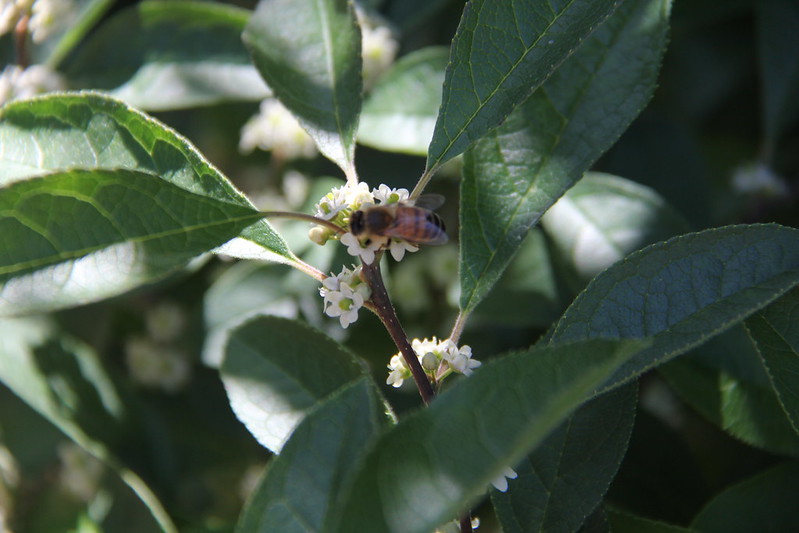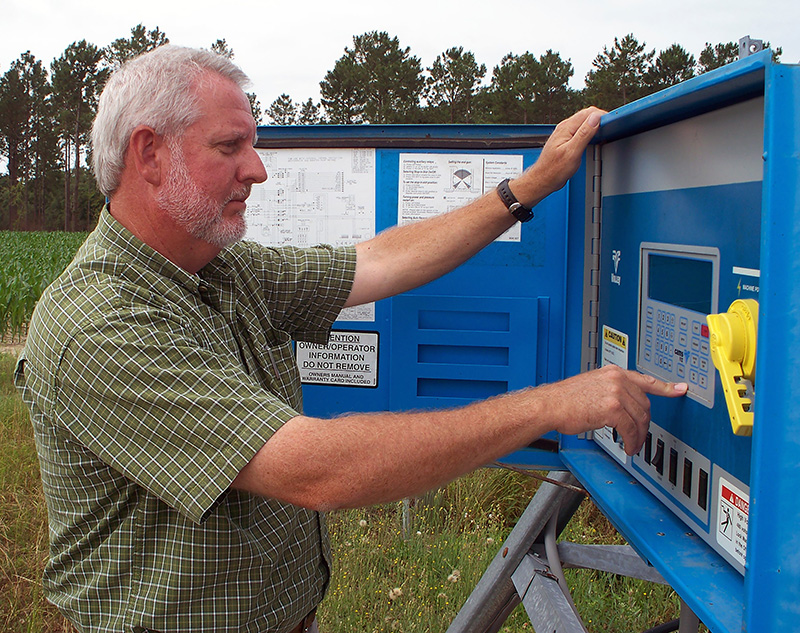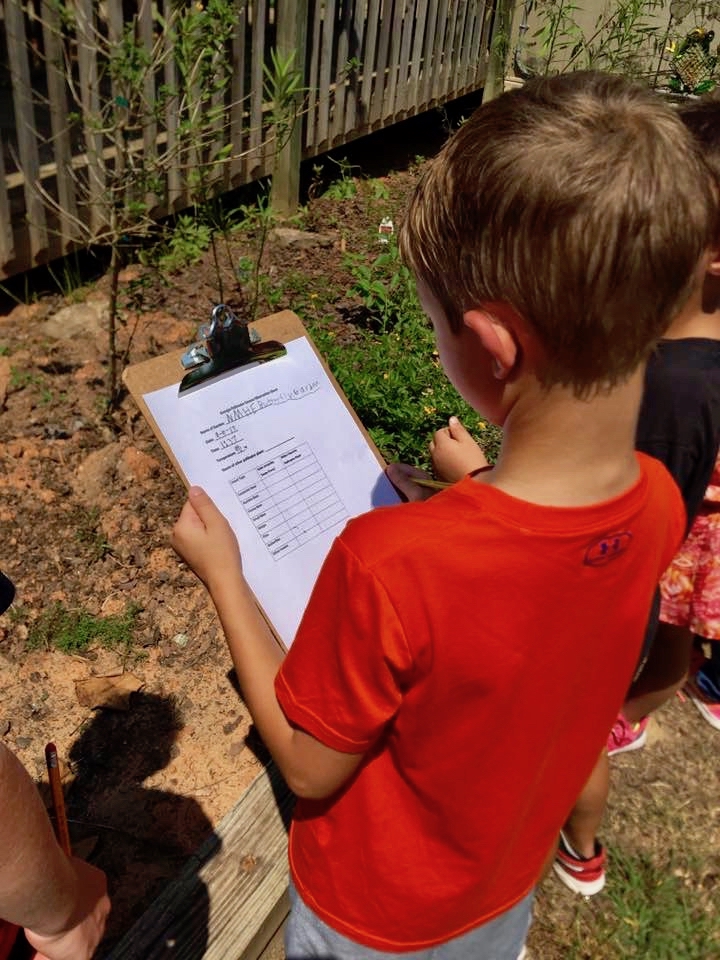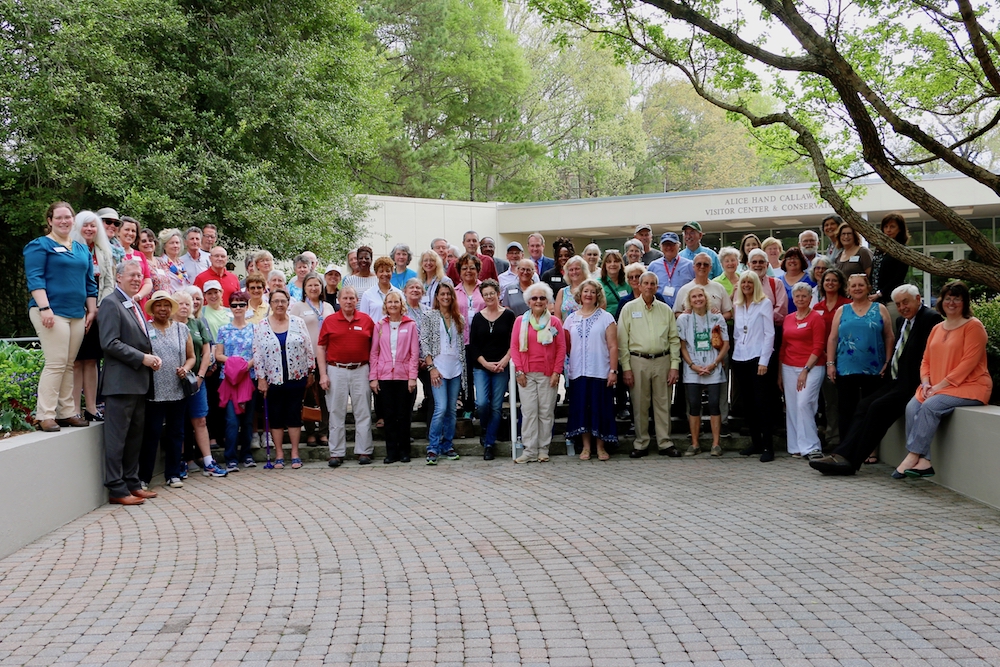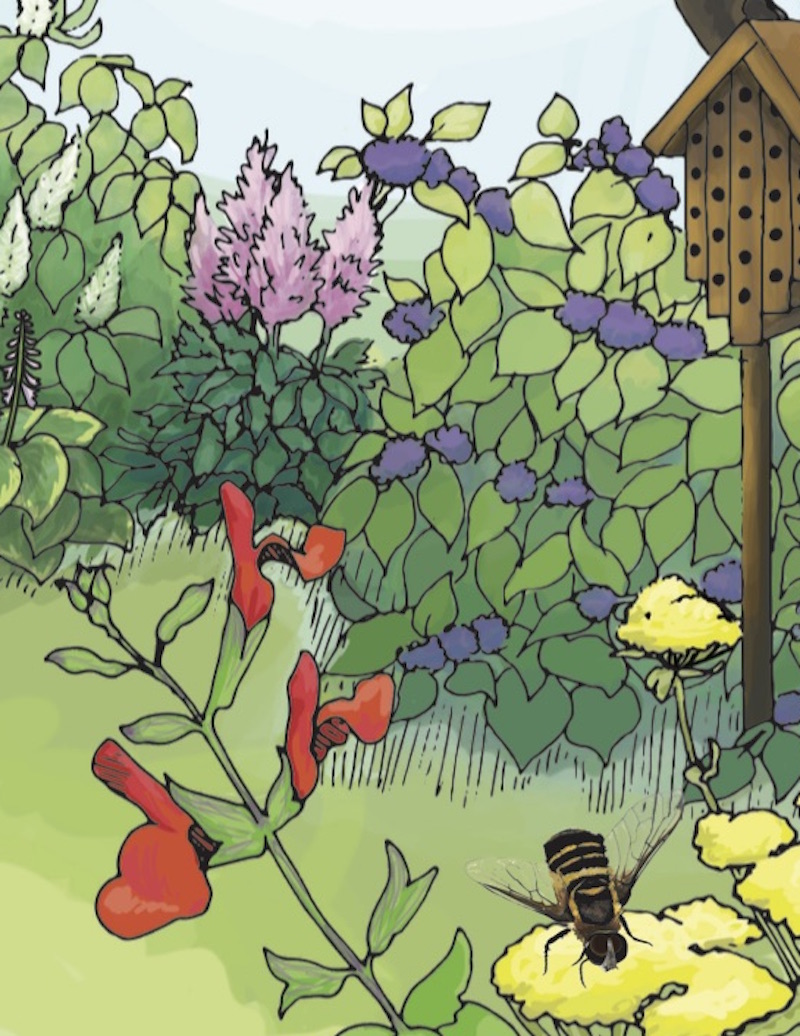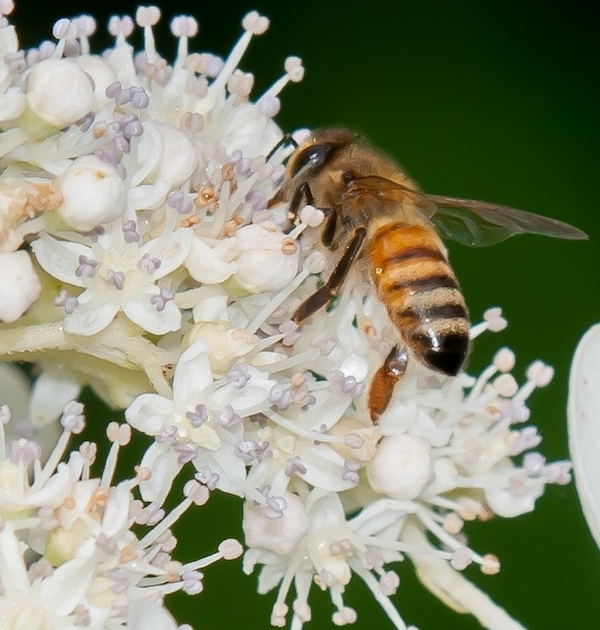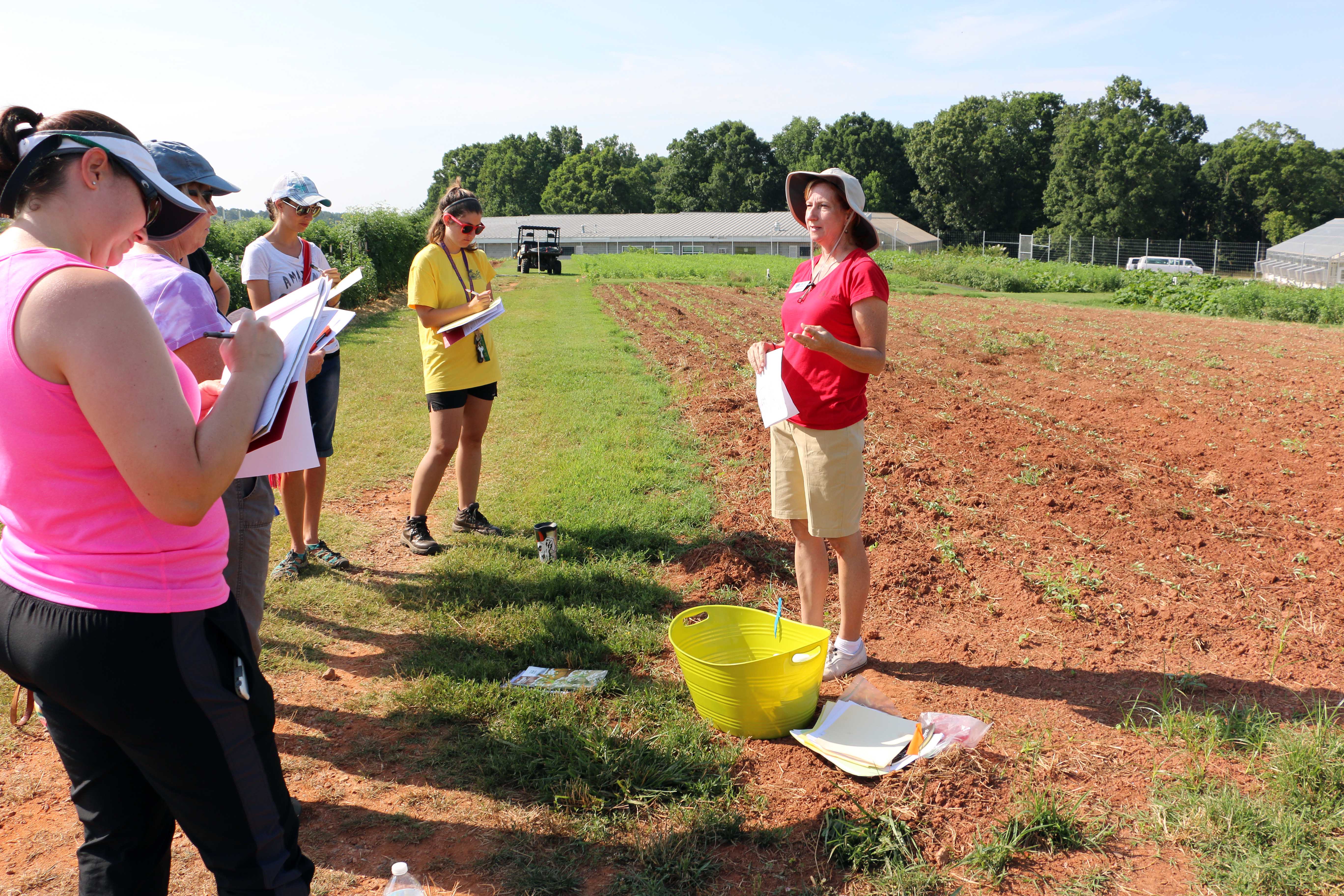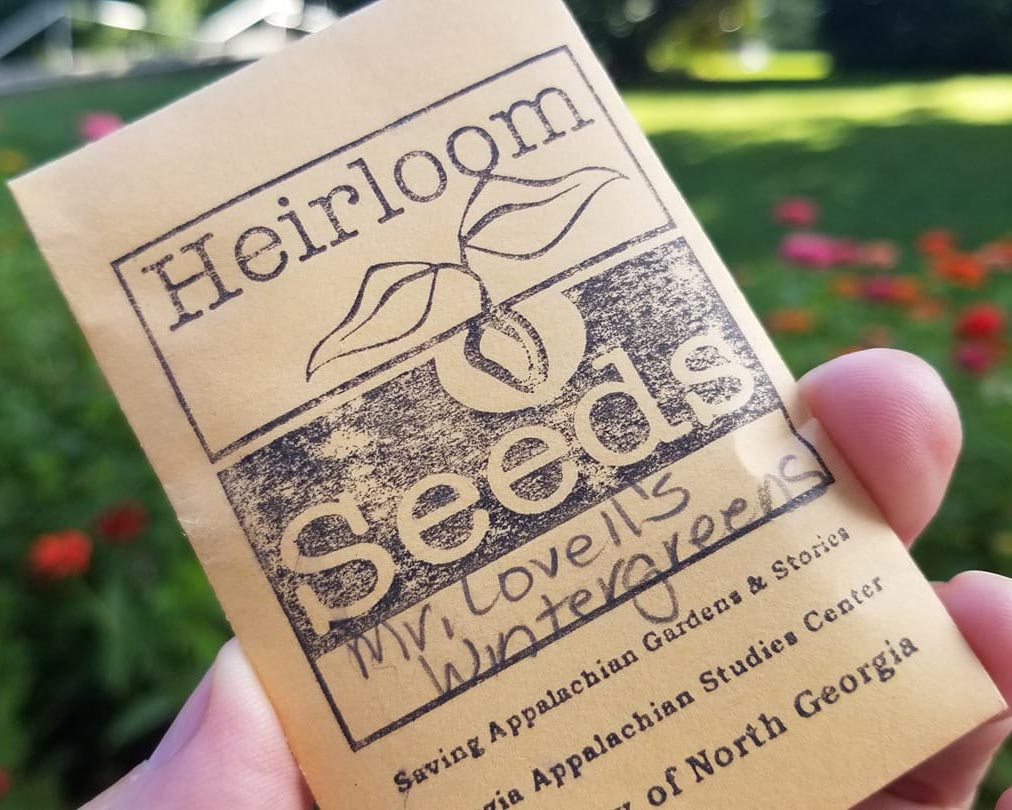 CAES News
CAES News
Appalachian Seed Saving
Gold may be rare in the north Georgia mountains, but now the region boasts a seed bank that might be worth just as much to Appalachian natives and local gardening enthusiasts.

